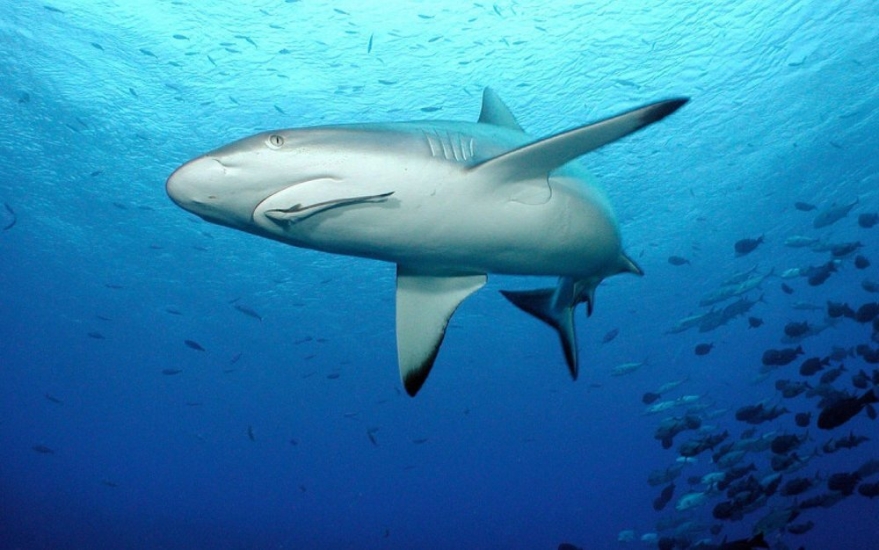
Ministry of Fisheries, Marine Resources and Agriculture has revealed that a permit will not be extended for a targeted shark fishery in the Maldives.
Addressing the recently raised concerns of divers, conservationists and tourism industry related individuals regarding a statement made by the Minister of Fisheries, Marine Resources and Agriculture, Zaha Waheed, the Ministry clarifies that the said “amendments to the ban were made in relation to discussions on re-instating longline fishery targeting bigeye tuna and the discussions that had taken place internally at a technical level within the Ministry concerning the potential bycatch of sharks in the longline fishery, including management of this bycatch. In no way were these discussions focused on lifting the ban on shark fishery.”
As the issue initially spread, over 200 stakeholders stood up in support of upholding the existing shark fishing ban in the Maldives. The statement initiated by Maldives Resilient Reef Project received interest from many local and international groups in support. The stakeholders included civil society groups, tourism and fisheries-related businesses.
In 2010, Maldives adopted a precautionary approach and imposed a ban on shark fishing within its Exclusive Economic Zone (EEZ), due to concerns of declining shark species in the country. Maldives was the first Indian Ocean country to declare the whole of its EEZ as a shark sanctuary. The ban resulted in the closure of a minor shark fishery to ensure that shark species are protected and conserved. More than 200 fishermen that were involved in the fishery at the time were compensated by the government. Since then, the ban has been extended under the new Fisheries Act of the Maldives (Act no. (14/2019), as various sectors pledged support for the cause through government efforts.
Understanding the inconveniences to the fishers and their affected income, the Ministry welcomes open dialogue with all stakeholders on how best to protect the shared natural resources, while maintaining sustainable traditional means of livelihoods.
Please login to Comment